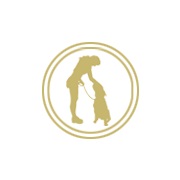Privacy Policy: Your email address is 100% safe.
We don't spam and hate it as much as you do 🙂 You can also unsubscribe from our mailing list at any time.
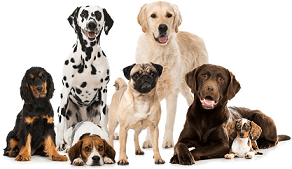
Dog Grooming The Easy Way
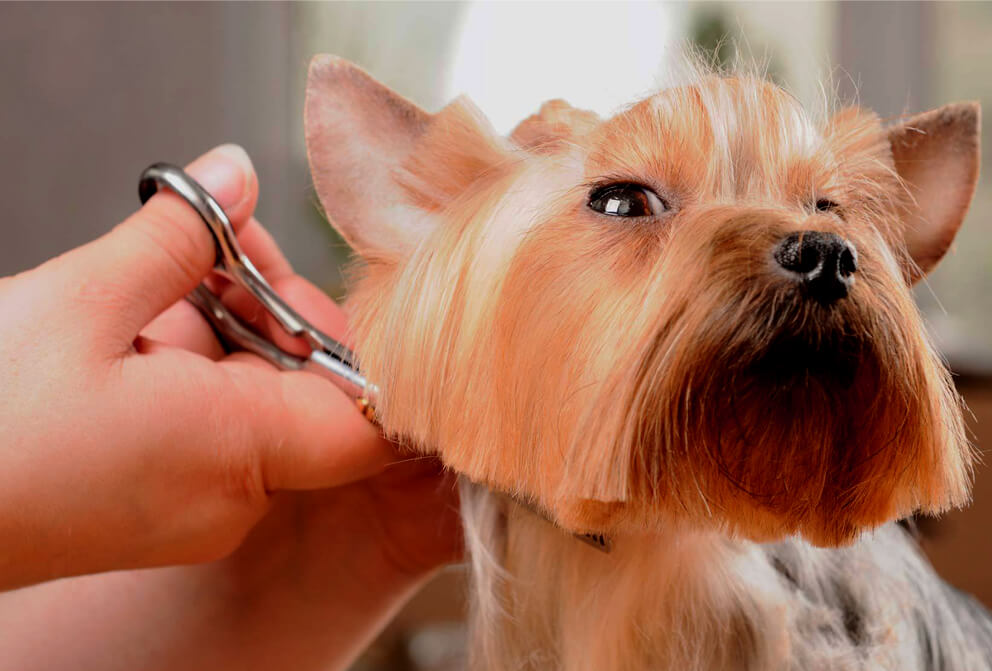
So you have got yourself a nice furry friend and I am sure it is the most adorable pet that anyone can have.
Needless to say, you want your pooch to look and feel the best at all times and the good news is: you don’t need deep pockets to achieve this. You also don’t need to visit any dog groomers in order to get this done.
Incidentally, most dog owners don’t realize that all it takes to turn your neighbors green with envy when you take your pooch for a stroll is regular grooming.
Subscribe to this FREE Course on Dog Grooming and start creating a long-lasting, loving bond with your Dog.
Being a dog owner myself I know about some very basic questions that nag all dog owners all the time.
How to get rid of the-not-so-pleasant ‘doggy’ smell?
How to deal with shedding and the ‘hair all over’ state of my house?
How to handle my dog during the grooming session?
What is the RIGHT way to brush my dog?
How to tackle mats?
Which shampoo to use for my dog or puppy?
Don’t these issues cross your mind all the time?
The Course on Dog Grooming answers each of these vital questions in layman’s language. And you can Subscribe now for FREE.
Dog Lovers Training Course
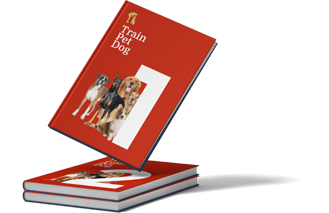
Regular Price: $97.
Discount of: $30.
Current Price: $67 only.
Dog Grooming Tools, Equipment and Supplies
Different tools have different functions to perform.
As professional dog groomers know, formation of mats and tangles is a very common problem in many dogs. Mats and Tangles can actually mean big trouble for any dog owner. Ask me!!
So the best way out of this is to prevent them from forming in the first place. And doing this is simple: just comb and brush your dog regularly. If and when you see any mats and tangles, use a detangle solution and comb with a medium-toothed comb.
The other important grooming activity that every dog parent has to do regularly is:
Brushing
So, lets talk about brushes. Now there are at least six different types of brushes available in the market, each having a specific function.
Brush, Large Pin – this brush is commonly used for regular brushing of long-coated large dogs.
Brush, Small Pin – this type of brush is used for brushing long-coated small dogs.
Brush, Rubber – this brush is designed for use on short-coated dogs.
Brush, Slicker – this brush is used for nearly every breed of dog to release dirt and pull loose hair form the dog’s coat.
Brush, Bristle (soft, medium, and stiff) – these brushes are sued on different short-coated breeds, for regular brushing and to remove the undercoat of certain long-coated breeds.
Brush, Boar’s Bristle – this brush works great for removing the undercoat of long-coated breeds and also helps in getting rid of mats in the undercoat.
Most people think that dog grooming means brushing ONLY.
However, grooming also includes bathing, cleaning eyes and ears, clipping nails, clipping hair etc. besides brushing.
Nevertheless, brushing does form an important and integral part of grooming. Also, you can’t pick up any brush and start brushing. Mind you, only by choosing the correct brush and knowing the correct technique of brushing can you hope to accomplish the benefits of brushing your dog or puppy.
In our Free Online Dog Grooming Course, you will learn even more about dog grooming supplies, equipment and tools like:
Nail Clippers
Scissors
Combs and more
How to Make Your Dog look Bright & Radiantly Healthy?
Another important aspect of Dog Grooming is to clean his face, teeth, ears, eyes and nails.
Here are the 3 basic steps to clean your dog’s face.
Gently wash the skin around the eyes using a fresh piece of moistened cotton or make-up remover pad for each one. If you notice any discharge or inflammation, contact a vet for advice.
Hold open the ear with one hand and gently clean inside the flap with a small piece of moistened cotton or a make-up remover pad. Use a fresh piece for each ear. Do not probe too deeply into the ear canal.
Loose facial skin must be cleaned regularly with damp cotton. This prevents dirt, dead skin, and bacteria from collecting in the folds and causing irritation and infection.
If you are not sure about what is the right way to clean his ears and eyes, clip his nails or how to brush his teeth, join the Free Course on Dog Grooming.
The Dog Grooming Course will guide you step by step through all these and make them look like child’s play!
Are You at a Loss trying to Get Rid of that ‘Doggy’ Smell?
It’s every dog owner’s dream to have a pooch that smells nice. That when he enters the house after a long day at work, he is not greeted by that oh!-so-familiar ‘doggy’ smell. That when he has people over he’s not embarrassed to let them pet and hug his furry friend!
What you must know is, there are natural dog odors and unnatural dog odors. Therefore, in order to deal with odor you must identify which one it is, as this would help you to control them or eliminate them as the case may be.
Natural dog odors are most prominent near the anus, near the ears and form the footpads. Also, dog produce secretions to identify themselves to other animals. Although, these odors cannot be altogether eliminated, they can nevertheless be controlled. Sources of unnatural dog odors include: dog’s coat (which has not been regularly cleaned ), skin diseases, ear disease, dental disease or mouth ulcers and flatulence. It is possible to get rid of these odors completely after you treat the problem.
Does Your Dog Shed too much?
Imagine this: you have some friends over and you can’t offer them a single sofa chair to sit. Why? Because all the sofa chairs are full of your dog’s shedding!! It’s no wonder; therefore, the one thing that drives most dog owners mad is shedding.
Dog owners often make a mistake when it comes to normal shedding and excessive shedding. They often misunderstand the two and as a result the dog suffers.
Normally most breeds will shed seasonally. And you shouldn’t make any effort to thwart the process.
Many dog breeds possess a “double coat” which is nothing but two layers of coat called a topcoat (long “guard hairs”) and an undercoat (a layer of thick, downy fuzz next to their skin under the guard hairs). The undercoat acts as an insulator and grows thick during winters so that they shed and be discarded during spring and summer.
Generally the male dogs only shed heavily in spring and summer. But the females frequently shed at the time of their estrus or heat cycle also. However, the males have splendid and better quality coats than their female counterparts.
Learn about the most common myths related to shedding by subscribing to the Dog Grooming Free Course.
How to control shedding?
How much shedding is normal?
Which is the shedding season?
How to get rid of that doggy smell….
Just enter your name and email ID and we will start sending you the mini course through email – straight to your Inbox.
Let me assure you that this Mini Course has some major things in store for you. Here’s a peek:
Training you dog for the grooming session
Causes of dog odor and how to deal with it
Tips for dematting
Different tools needed for grooming and how they are used
Brushing your dog the RIGHT way
Grooming requirements of different coat types
Shedding and how to minimize that
Bathing your pooch
…and more
I often hear many dog owners complaining about how averse their dog is to grooming. And a few have also told me tales about their furry friend’s aggressive behavior during grooming.
The Mini Course on Grooming will give you some really valuable tips to make your dog receptive to grooming and you will see the difference for yourself.
Sign up for our FREE Dog Grooming Course now and set the path to a long-lasting and loving relationship with your dog.
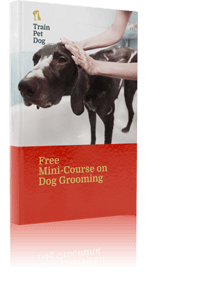
Mini-Course on Dog Grooming
Get access to our FREE Dog Grooming Mini Course and Get Proven and Easy Tips to Transform Your Dog into a Pet that Shines With Health!!
Get the first email to your Inbox in the next 3 minutes and learn all about grooming your dog in the comfort of your own home. Your bonding with your dog will be as strong as ever.
Just fill in your details below and get started...
